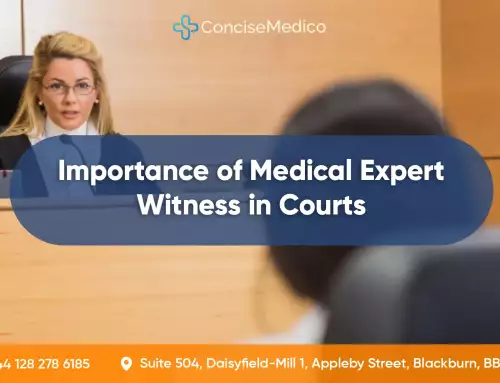TABLE OF CONTENT
Fortunately, numerous evidence-based treatments can effectively manage PTSD symptoms and improve your overall well-being. These interventions often involve a combination of therapy and medication, aiming to address both the emotional and physiological aspects of the disorder.
What Is The Treatment For PTSD
Following are the top 6 most effective treatment have been recommended by various clinical practice guidelines and have shown significant benefit in the treatment of PTSD.
The Top 6 Most Effective PTSD Treatments
There has been a lot of research done on PTSD. Numerous PTSD Treatments are proven successful. Similarly, the symptoms of PTSD can also be treated with several forms of therapy.
Therapy Treatments for Treating PTSD
The following are some potential advantages of Therapy Treatments for Treating PTSD:
1. Cognitive Behavioural Therapy (CBT)
This widely used approach focuses on identifying and modifying negative thought patterns and behaviours associated with the trauma. Moreover, it equips people with coping mechanisms to manage stress and improve daily functioning.
2. Cognitive Processing Therapy (CPT)
A specific type of CBT, CPT helps individuals reframe their trauma narratives by identifying and challenging distorted thinking patterns related to the event. This can lead to a more balanced perspective and emotional regulation.
Read: What is Seasonal Affective Disorder and How it Triggers PTSD?
3. Prolonged Exposure (PE) Therapy
Similar to CBT, PE targets the avoidance behaviors that often develop in PTSD. Through gradual exposure to memories and situations associated with the trauma, individuals learn to manage their fear response and reduce avoidance.
4. Eye Movement Desensitization and Reprocessing (EMDR)
EMDR incorporates elements of CBT with rhythmic eye movements or other bilateral stimulation (e.g., tapping, sounds) to help individuals process traumatic memories and reduce their emotional distress.
5. Family Therapy and Group Therapy
Family and group therapy provides support and understanding for individuals with PTSD, and addresses the impact of the disorder on their relationships. Family therapy helps family members cope with the situation and build supportive connections. Meanwhile, group therapy allows individuals to connect with others who share similar experiences and learn from each other’s coping strategies.
6. Medication for managing PTSD
Although medication isn’t a first-line treatment for PTSD, it can be helpful in managing co-occurring conditions like anxiety or depression, which can sometimes exacerbate PTSD symptoms. Selective serotonin reuptake inhibitors (SSRIs) are the most commonly prescribed medications for PTSD.
Conclusion
Dealing with PTSD can feel like a monster under the bed, but you do not have to fight this battle alone. Millions face this, and the good news is, it’s treatable. If you suspect you or someone you know might have PTSD, regardless of gender, seek professional help. Early PTSD diagnosis and PTSD treatments can significantly improve the quality of life for those suffering from this condition.




